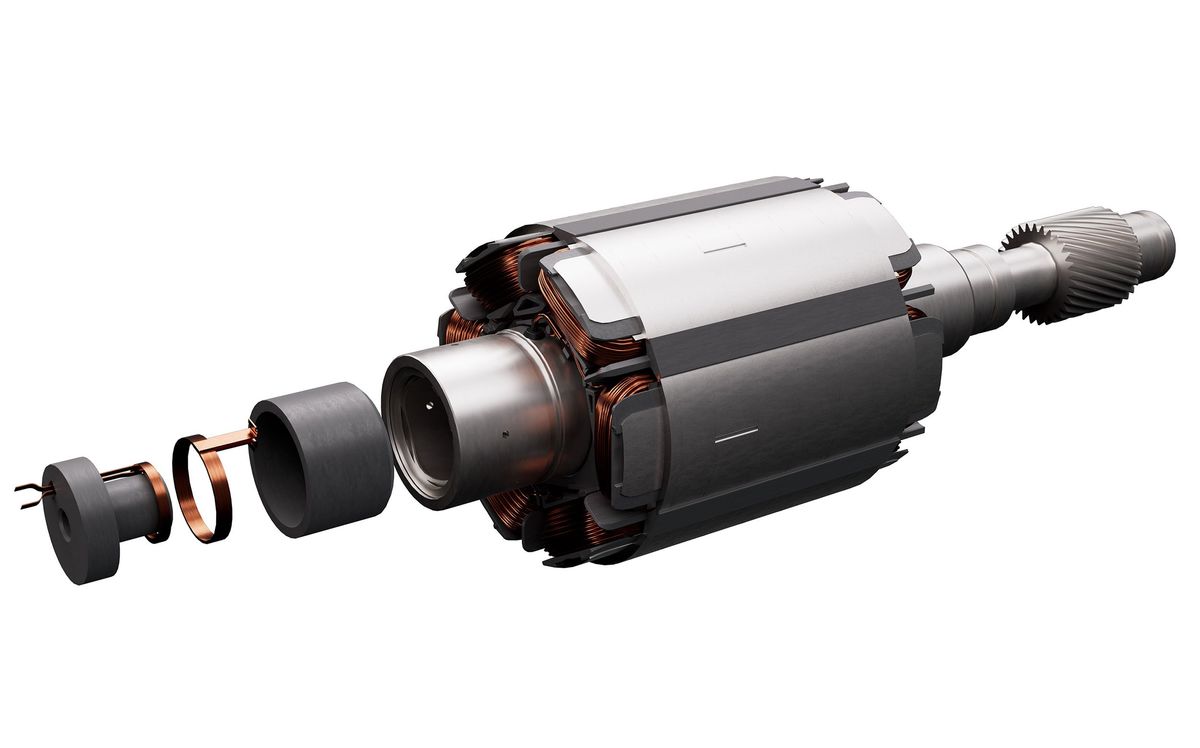Two weeks ago Senators Kerry and Lieberman unveiled the American Power Act, essentially the Senate version of a climate bill that the House passed mid-2009. Since Obama’s election and before, climate legislation handicapping has fluctuated wildly: initially, with Republicans like Arizona’s McCain and South Carolina’s Graham co-sponsoring cap-and-trade bills, prompt enactment of a bill to cut U.S. greenhouse gas emissions was considered a virtual sure thing; then, with the onslaught of the Great Recession, the edging of more urgent issues to the top of the legislative agenda, and the defection first of McCain and then of Graham, a pundit consensus formed that climate legislation had little or no chance of getting through the Senate this year; but most recently, with Obama’s major victories on health reform and financial regulation, it’s beginning to look after all like he may manage to get anything big he cares about greatly.
Easily the most important factor favoring Senate passage of the American Power Act is the wide support the bill has garnered in the U.S. business community. Membership in American Businesses for Clean Energy, the main organization representing firms that favor national climate legislation, has grown from barely 750 toward the end of last year to more than 6,000 today.
Boeing, General Electric, IBM, and United Technologies are among the businesses participating in that organization and others, such as the We Can Lead Campaign and the U.S. Climate Action Network. Last year Apple Computer dropped out of the U.S. Chamber of Commerce because of unhappiness about the chamber's obstructionist climate stance, and leaders of energy companies such as Duke, Exelon, NRG, and Shell are backing Kerry-Lieberman four-square.
Yet winning corporate support for climate legislation and courting Republican moderates has come at the cost of many compromises, and not a few are wondering whether those costs have been too high. The main point of the American Power Act is to “put a price on carbon”—that is, to penalize emission of carbon dioxide. But is that price high enough to be meaningful? Does its value exceed the costs paid to get it?
Among the provisions riling some environmentalists, and not just environmentalists:
--its boost in Federal guarantees for new nuclear reactor projects to $54 billion: a “bailout” in the making, rail the libertarian Alliance for Generational Equality and the Cato Institute
--its billions of dollars to support carbon capture and sequestration: a delusion, says Robert Bryce of the market-oriented Manhattan Institute
--donation of free emission permits to coal-burning utilities: a gratuitous lock-in of coal-fired power, at a time when gas and wind represent much more attractive alternatives, says Christopher Flavin of Worldwatch
--promotion of interstate electricity transmission corridors to facilitate transmission of Plains-states wind to consumers east and west: not necessarily transparent enough to guarantee that those who benefit pay the costs, say Timothy Fagan of PSEG
In its totality, the American Power Act comes to an unsightly 987 pages, and thus resembles earlier comprehensive energy bills that came into disrepute because they began to look like Christmas trees for spoiled kids.
The essential point of the bill is to create a nationwide carbon trading system, with emission permits starting at $12/ton carbon, and rising to no higher than $25/ton, so as to help make the country cut its carbon emissions 17 percent by 2020 and 80 percent by 2050.
But can any target for a year 40 years away have any real political meaning? And is the 17 percent target for 2020, which after all will only get the United States back to its 1990 emissions level (the baseline for Kyoto Protocol cuts), ambitious enough? Is a $25/t price high enough to stimulate needed technologies like carbon capture and integrated coal gasification? Why are coal-burning utilities and heavy industry getting such cheap rides, and aren’t the oil and transportation justified in complaining about that?
Such considerations suggest it might be better to put the power and climate bill on the back burner, take care of more pressing business first, and return to Congress next year with a 5-page carbon-tax bill that penalizes electric power, transportation, and heavy industry equally.
The conventional wisdom has always been that cap-and-trade is the only path politically viable. But opponents of climate legislation already have dubbed the power act cap-and-tax. Under the circumstances, why not just go straight for the tax?
Senate Energy Bill
Given the costs of setting a price on carbon, is the price good value for the political money?
21 May 2010
3 min read


